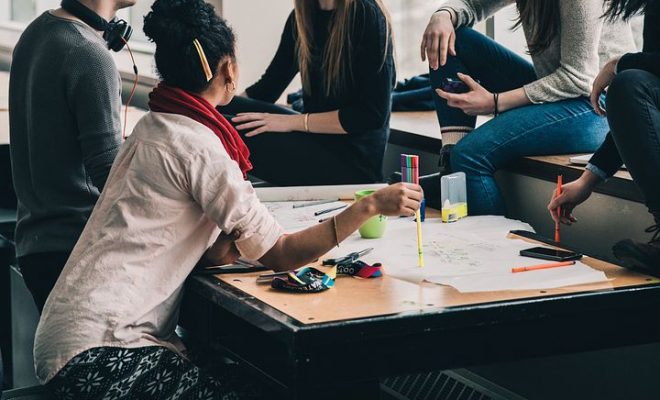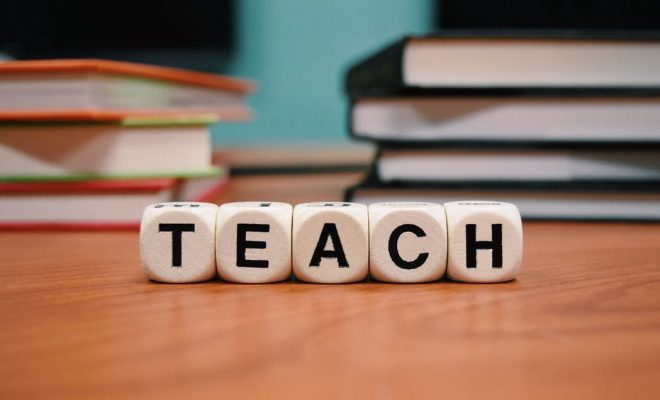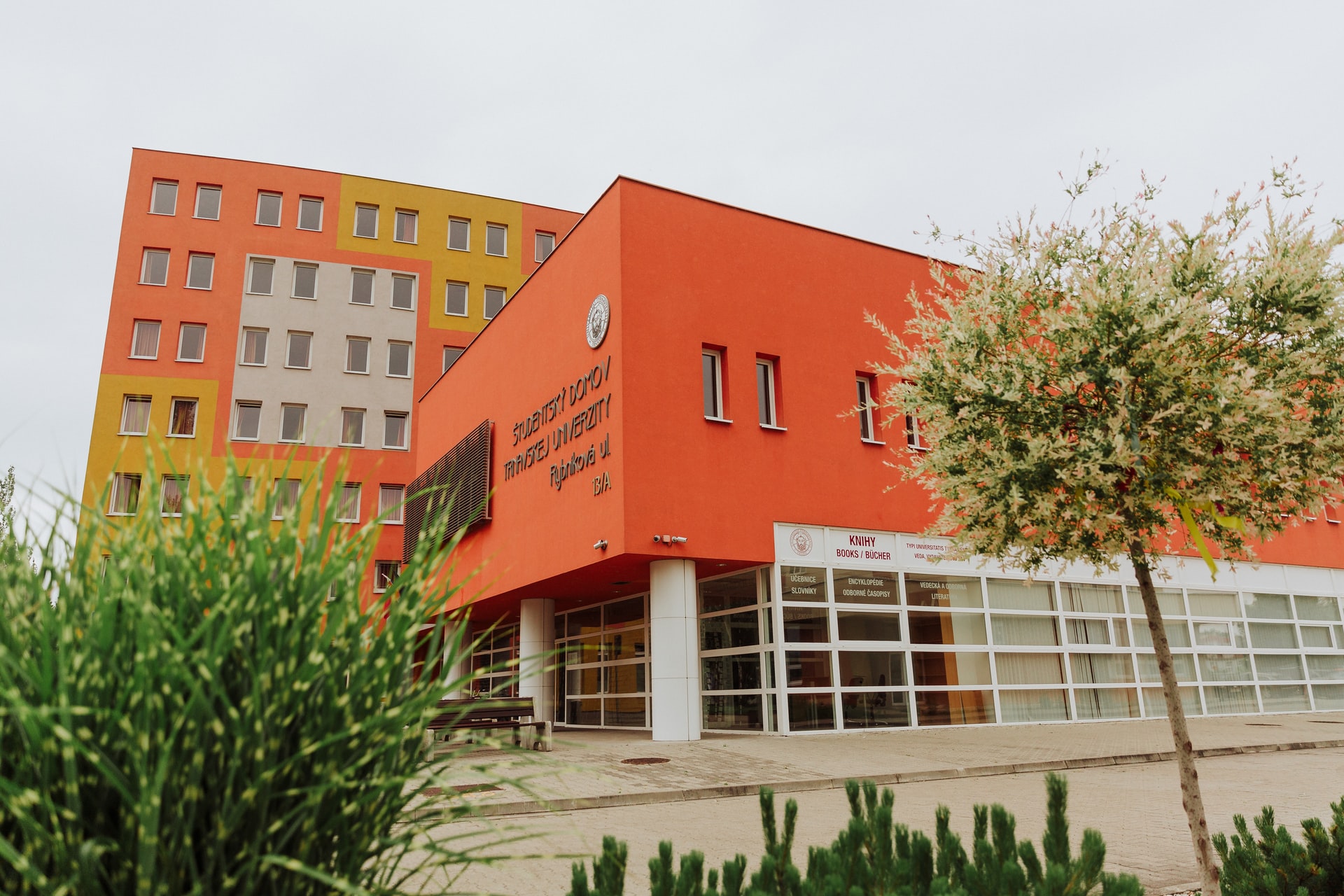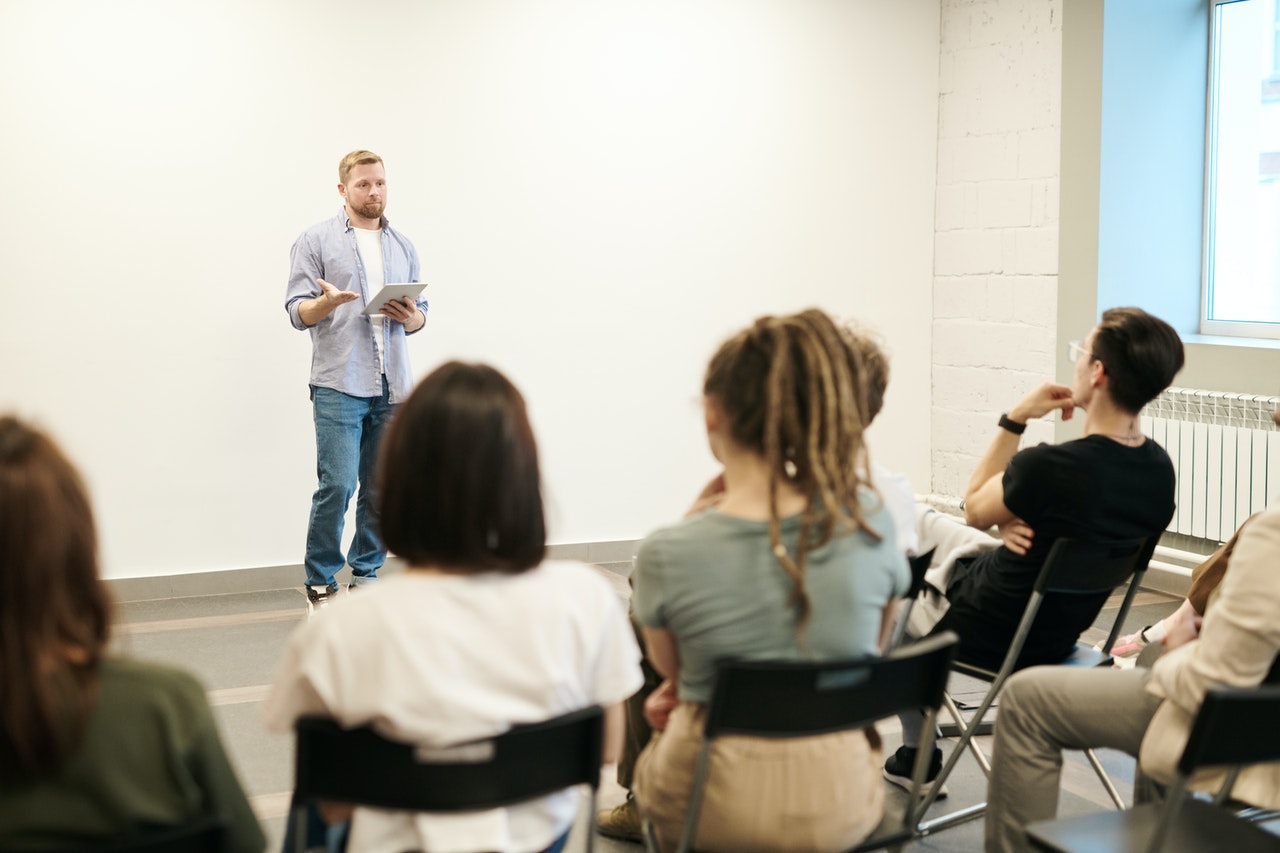Forward Thinking Solutions to Global Education Challenges

Global education is about enriching an individual’s perception to understand our increasingly globalized world better and become a global citizen. Global education has gone above and beyond regular learning. It has molded itself to align with the dynamic nature of modern society and needs to adapt to meet societal requirements. To make this happen, it’s essential for us to take an innovative approach. The challenges we need to overcome to attain positive results include the impact of mass media, curricular rigidity, ignorant educators, etc. To tide over these problems, we must take the innovative approaches mentioned below:
Fostering a Non-Biased System
We should think of innovations that will discourage any type of bias. Our actions and approaches must be directed toward building a global village where students are not separated by gender, race, or religion. For instance, we can organize an interactive diversity talk show, where dialogues and discussions flow thoughtfully to discourage prejudice. With the implementation of such processes, we can help solve biases, assumptions, and stereotypes that obstruct effective global education while promoting a conducive setting for learning.
Educating the Poor
Global education must not be restrictive. It should encourage education of the poor with pioneering and well-themed student organizations, where members (students) can volunteer and get involved in rural education. Educators in rural regions will benefit from these projects and can design a student-centered course that focuses on problem-solving.
Choosing Better Story-Telling Approach
Global education can be promoted effectively with story-telling. When you tell an accurate story, you use an innovative and effective approach to oppose stereotypes. You can call such story-telling activity your ‘oneness project’ where you literally bring the world to the classroom with free multi-cultural lesson plans and stories to discover social, cultural, and environmental issues. Such stories are also helpful in linking human experiences to global concerns, such as water scarcity, climate change, sustainability, poverty, migration, and food insecurity.
Joining Hands with Non-State Actors
Forming partnerships is a vital, innovative approach to boost educational capability. When you build partnerships, they encourage governments to deliver the promised educational benefits in the ecosystem to help meet the challenges lying ahead. Effective partnerships can also be formed with relaxed regulations among employers, businesses, and non-governmental organizations, which can function closely together to build an exceptional learning ecosystem.
Creating a Flexible Curriculum
All of us need to support open online courses to make learning easy, facilitate the delivery of skilled employees for various employers and industries, and improve their methodologies for skills acquisition. Encouraging online learning is important to match the variety of flexible educational opportunities. This consists of computer-aided learning that will make it possible to include various learning paces and cultural differences into forms of technological educational delivery.
Developing Post-School Networks
Students’ development of global competence is not restricted to a standard day in school. Post-school programs can offer a precious chance for them to develop global competence further while achieving supplementary academic enrichment.
Final Words
To triumph over worldwide education challenges, we must have well-taught individuals who can always find possible solutions. Challenges are likely to be plentiful, but an extremely effective approach will be able to boost global education.






